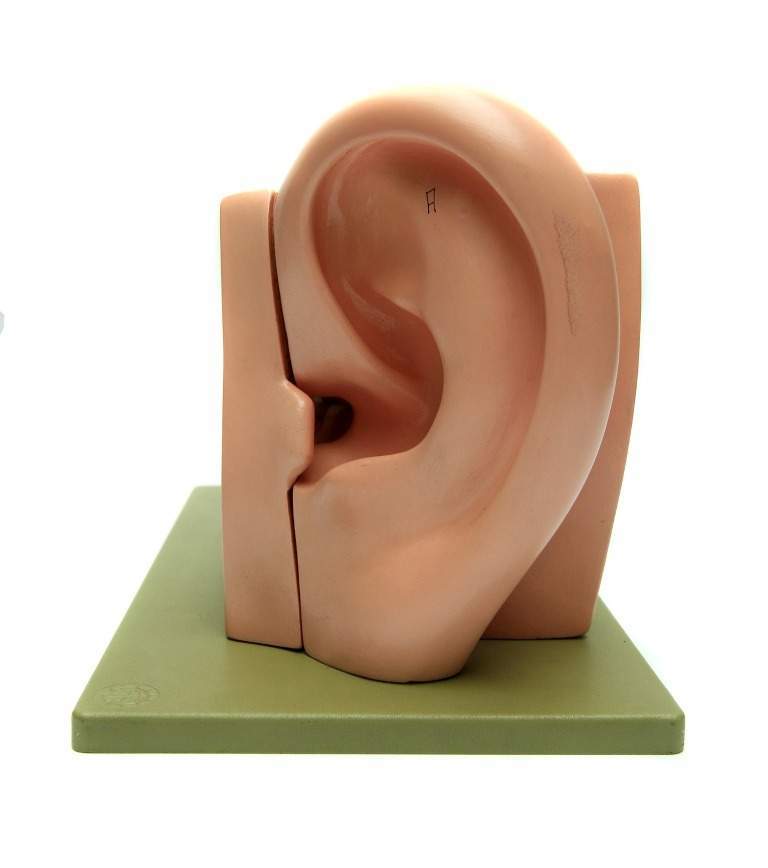
InnerScope Hearing Technologies is a consolidator of the hearing aid industry.
The companies have signed joint development & exclusive distribution agreements and intend to obtain a 510k FDA-Clearance through clinical trial to study the effect on using Erchonia’s Low-Level Laser Therapy Technology for the relief of tinnitus symptoms.
As part of the joint development deal, InnerScope and Erchonia will carry out FDA clinical research and trials to secure 510k FDA-Clearances for devices, technologies, methods and techniques (hearing products) utilized to treat hearing related conditions and disorders, including Tinnitus, Sensorineural Hearing Loss, Central Auditory Processing Disorders, Dizziness, Vertigo, Balance Disorders, and Meniere’s Disease (hearing disorders).
The two agreements give InnerScope the exclusive global rights for all designs and any newly developed Erchonia 3LT lasers, related technologies and methods to be used in treating hearing disorders.
Additionally, the exclusive distribution agreement will give InnerScope the exclusive rights and license to commercially distribute such hearing products across the world.
The two companies have secured approval under FDA regulations from an institutional review board for the first clinical trial of the effect of Erchonia’s low-level laser therapy technology on the relief of tinnitus symptoms.
Tinnitus is the perception of sound when there is no actual external noise. It is commonly referred to as ‘ringing in the ears’ and it can manifest many different perceptions of sound including buzzing, hissing, whistling, swooshing, and clicking.
About 15% to 20% of the world’s population is expected to suffer from tinnitus. It can be a severely debilitating problem and several risk factors have been associated with the development of tinnitus.
Those with a hearing impairment have a higher risk for tinnitus, and the associated increase in risk is dependent on the severity of hearing impairment.
Furthermore, there is an elevated risk of tinnitus in people with a history of head injury, depressive symptoms, target shooting, arthritis, use of NSAID medications, hypertension, and smoking.
In addition, individuals with intolerable tinnitus often suffer from higher rates of anxiety, depression, low self-esteem and poor quality of life compared to those without tinnitus.
The American Tinnitus Association (ATA) estimates that nearly 50 million Americans suffer from some form of tinnitus and about 20 million people struggle with chronic tinnitus, while 2 million have extreme debilitating cases. Underlying hearing loss occurs in 90% of all tinnitus cases.
The two companies expect to be the first receive a 510k FDA-Clearance for their hearing products that are not considered tinnitus ‘maskers’ and/or tinnitus management devices, but claim to offer a treatment protocol for relief of tinnitus symptoms. The clearance is expected by the end of third quarter of next year.



